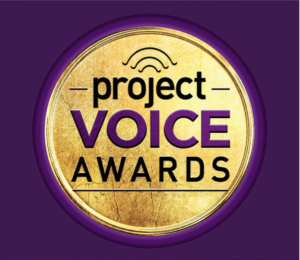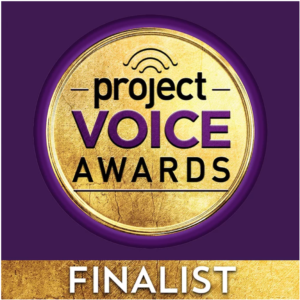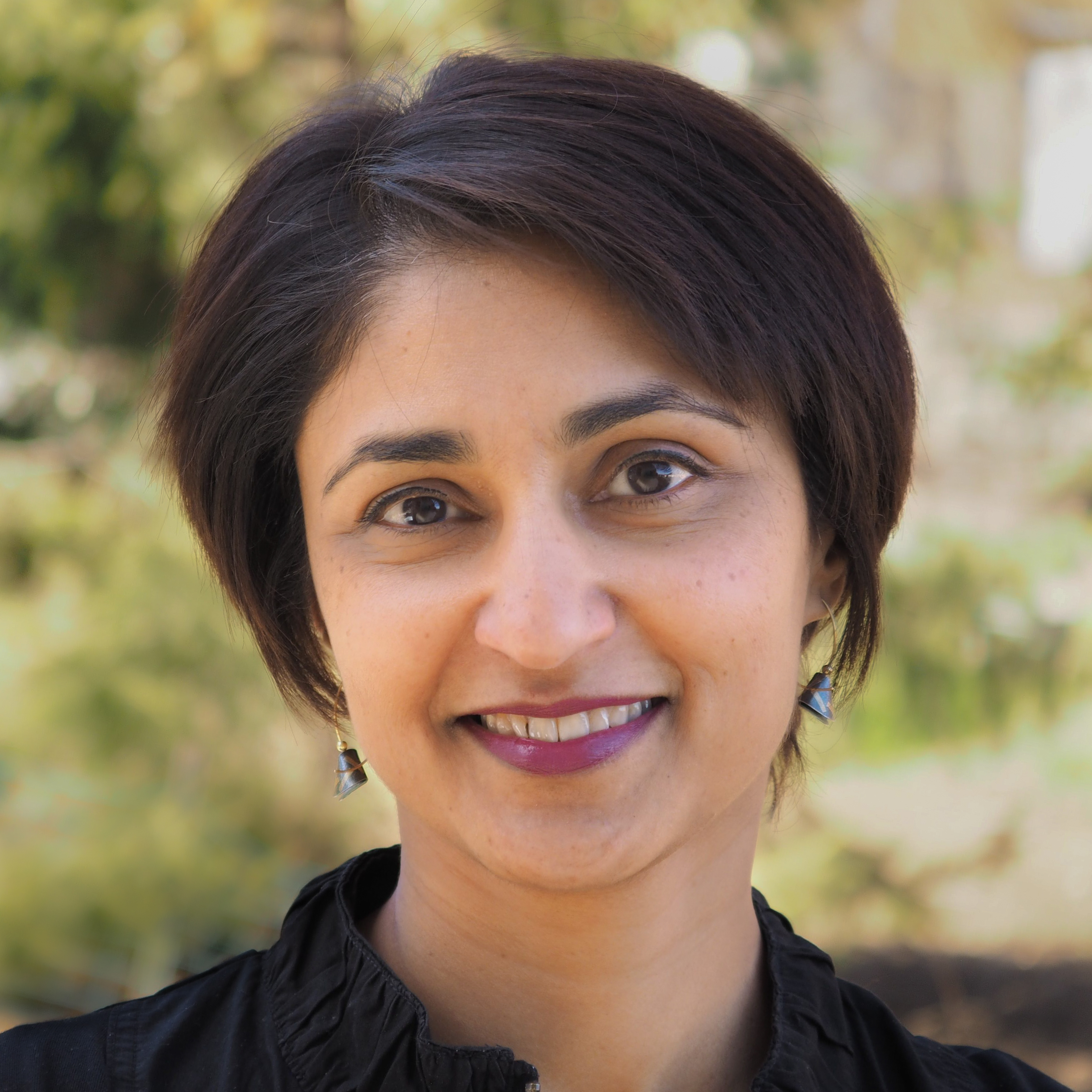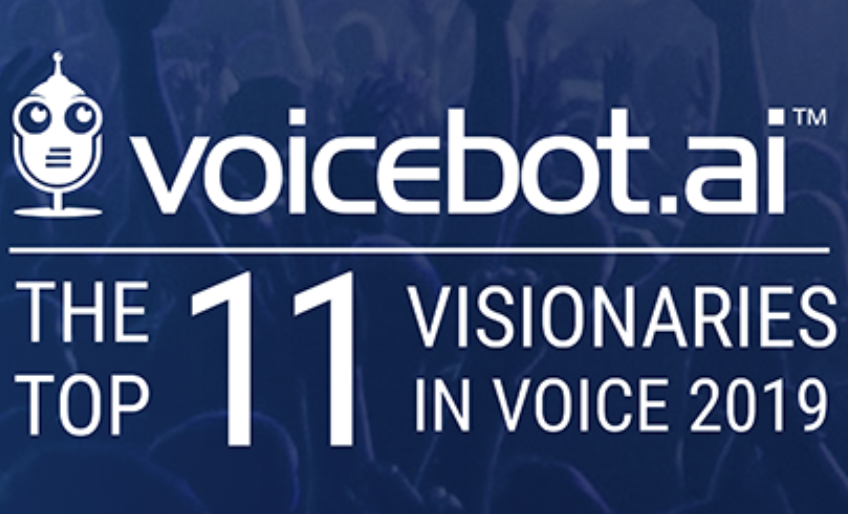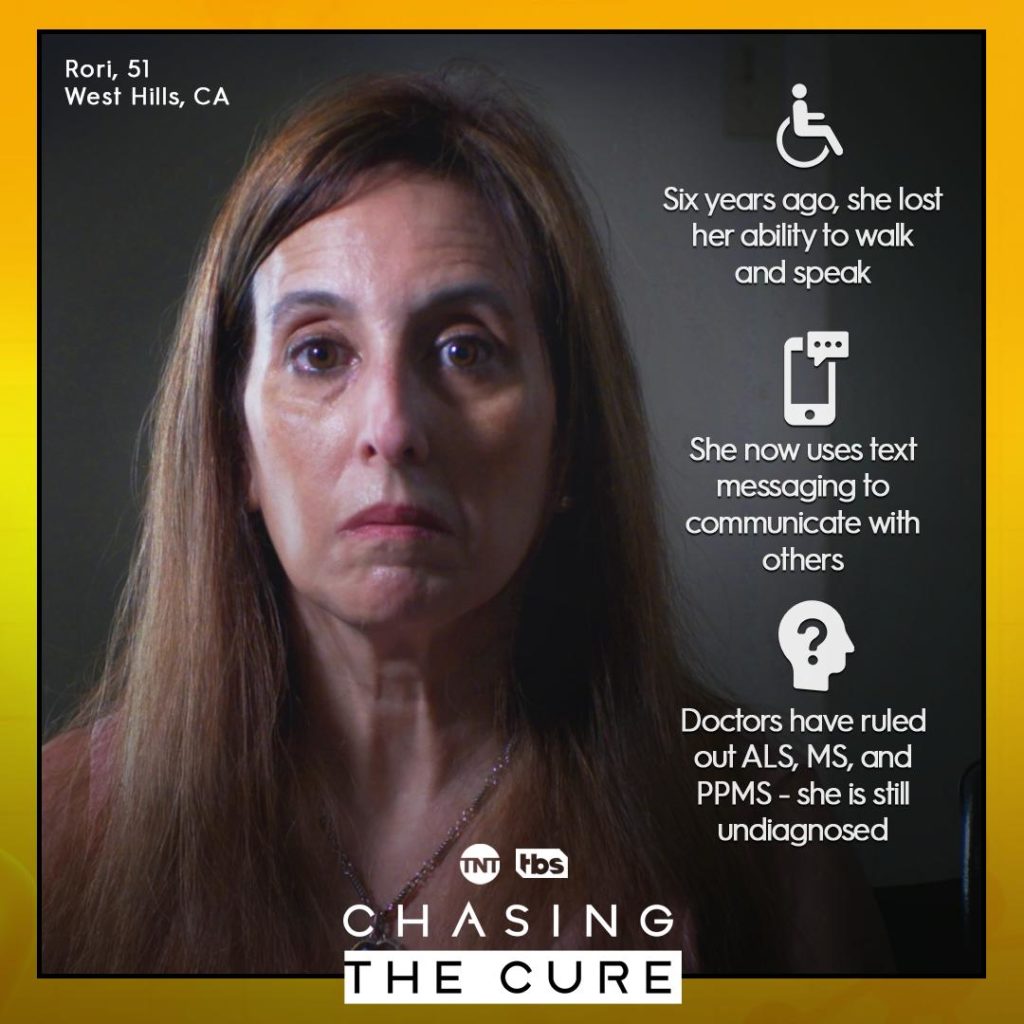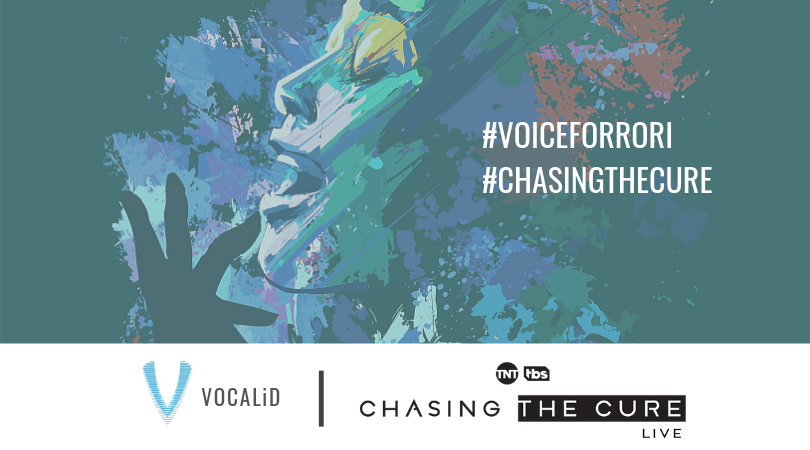#SHAREVOICE:
THE MOVEMENT TO CHANGE LIVES (INFOGRAPHIC)
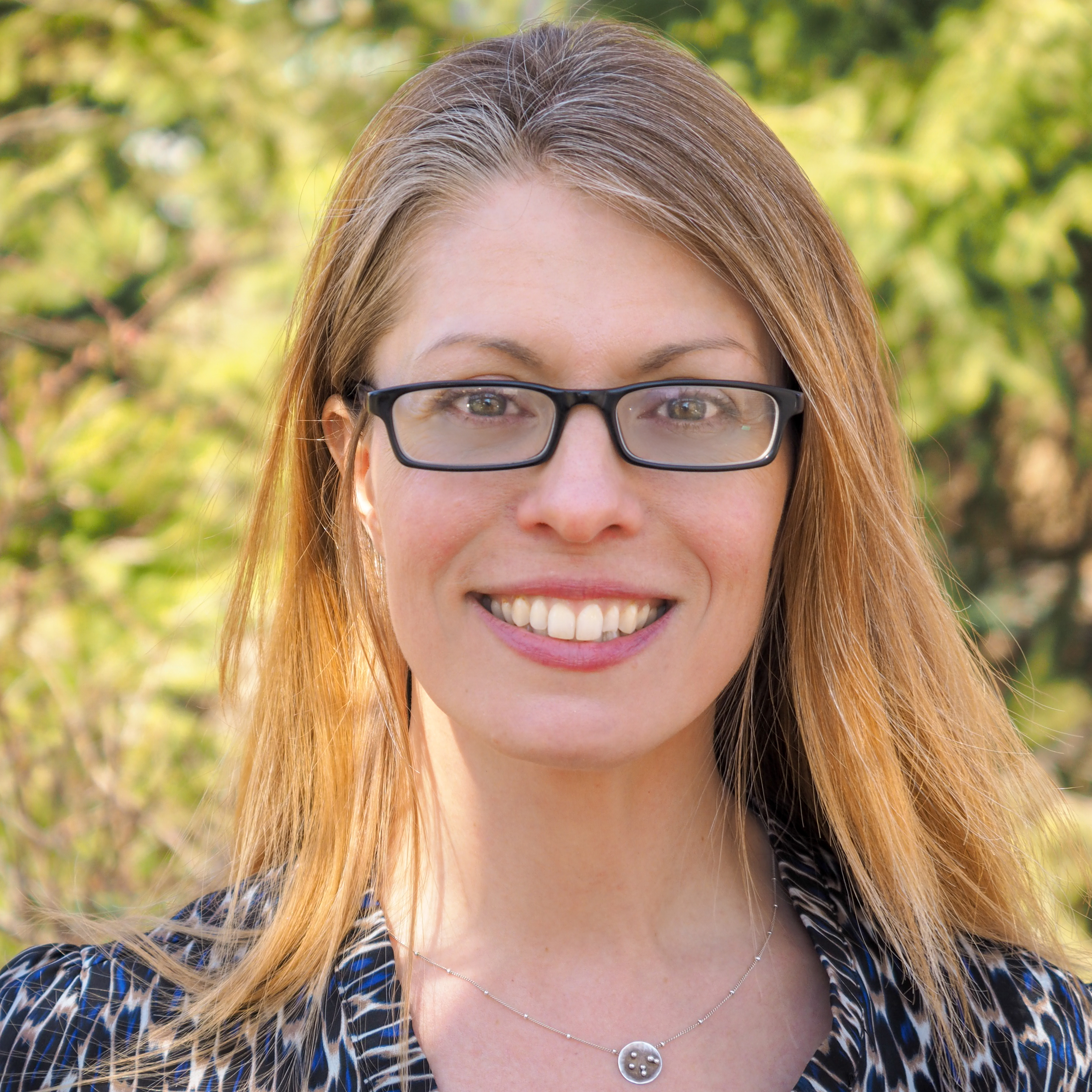
MICHELE J MARTIN
#SHAREVOICE is a movement born from the belief that our voices are not identical, they are our identities.
When our founder, Rupal Patel, found herself witnessing people of different genders, ages, geography, and personalities all using the same text-to-speech voices to communicate, she knew that by harnessing technology, we could do better AND we could change lives. This was the beginning of the Human Voicebank and VocaliD's global voicebanking initiatives.
Voicebanking is a small gesture — with a huge impact. It is the simple act of recording yourself as you read aloud stories on VocaliD’s online studio. Your recordings are then used to train an AI voice for yourself — Vocal Legacy or blended for someone living with speechlessness —BeSpoke.
All of us. Sharing the gift of voice brings us all closer, allowing everyone the ability to express ourselves authentically, rather than with a generic voice that doesn't sound anything like who we are.
Voicebanking for you?
Voice loss might be personal —If you or someone you love is currently facing voice loss or is at risk, begin voicebanking today and retain your vocal identity forever.
Voicebanking for others?
Contribute your voice to VocaliD’s Human Voicebank so that we can design a totally unique AI voice for those living with speechlessness.
Previous
Next
Absolutely! Voicebanking is a great activity to participate in while social distancing and staying #safeathome. You can even organize a virtual community voice drive so that your colleagues, friends and family, or neighbors can join in and share their voices!
All you need is a computer, headset microphone, a quiet room, and a few hours. At your own pace, you will record a total of around 2k sentences. You don't need to record it all in one session, in fact you shouldn't because you want your voice and energy to be strong all the way through your recordings. The better the recordings, the higher quality the AI voice will be!
We are excited that you want to learn more about how you can join VocaliD's global community of over 27k voice contributors!
Read our infographic below for an overview on the different types of voicebankers and how you can get started. Then go to portal.vocalid.ai/account and sign up!
Please click the social share buttons right below the infographic and share it with your friends and followers on social media. You can also download it and print it out!
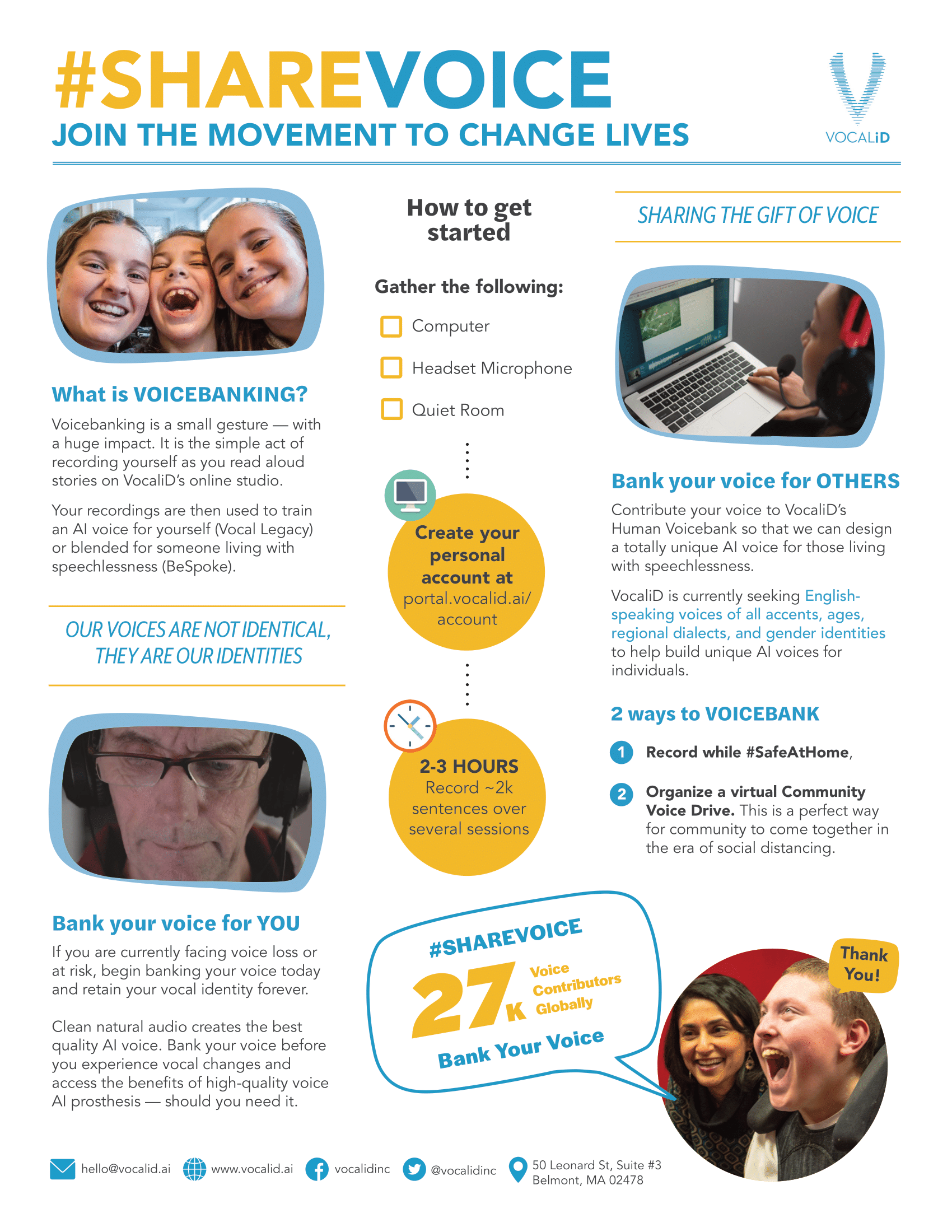
Spread the word
Facebook
Twitter
LinkedIn
Pinterest

